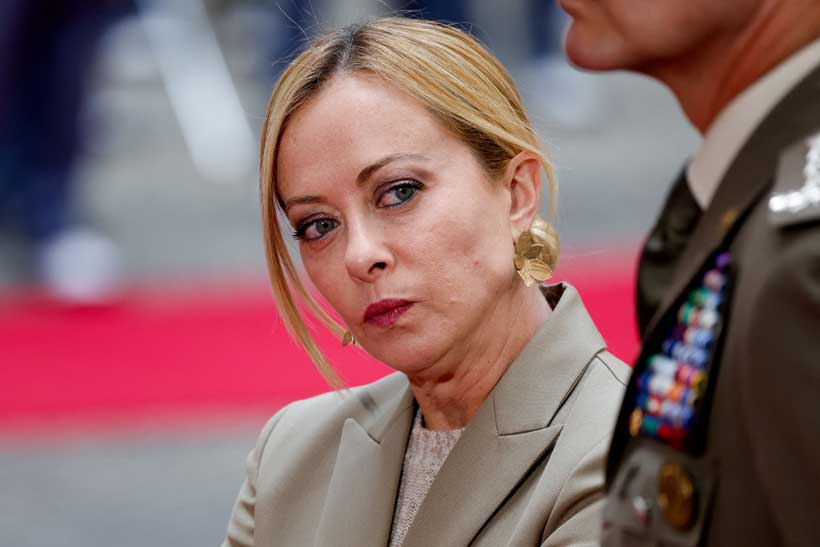Italy’s tax revenue is increasing more than expected due to job growth and inflation, which may lower the budget deficit to below 3% of gross domestic product (GDP) by 2025, a year earlier than anticipated. From January to July, tax revenue rose by over 16 billion euros, exceeding last year’s figures and surpassing the Italian Treasury’s earlier forecasts. While the government had projected a 3.3% deficit for 2025, new tax receipts suggest this could be lower.
Prime Minister Giorgia Meloni and her right-wing coalition are claiming success from stronger financial numbers; however, economists argue that the growth is mainly due to factors not directly related to Meloni’s administration, which began in late 2022. Reforms to combat tax evasion appear to be paying off, but inflation and the creation of about 2 million jobs over four years are primary drivers of increased tax revenue. Economic expert Marco Leonardi noted that job growth generally increases both GDP and tax revenue, but taxes from employment often rise quicker than those from other income sources.
Although Meloni highlights job creation, she seldom mentions fiscal drag, where rising prices and wages increase taxable income. Leonardi estimates that this phenomenon led to an extra 25 billion euros in tax collection from 2021 to 2024. Consumer prices in Italy have surged by 19% since 2020, and while wages have risen in nominal terms, they have not kept up with inflation, leaving many Italians financially strained. An office worker in Rome noted that the government’s claimed tax cuts have had little to no impact.
Italy’s stronger financial position contrasts with France’s lack of a tax surplus and Germany’s adjustments to income tax brackets to mitigate inflation’s effects. New rules since 2011 have limited tax evasion in Italy, promoting measurable digital payments and enhancing controls. Tools like e-invoicing, real-time VAT reporting, and penalties for cash payments have contributed to reduced tax evasion, dropping it from 97 billion euros in 2017 to about 72 billion euros by 2021.
However, challenges remain, with critics noting some setbacks during Meloni’s administration, such as increasing the cash payment limit and introducing tax amnesties. The European Commission reported a widening VAT compliance gap in 2023, reversing previous improvements. The government is focusing on targeted audits to ensure fair tax practices while facing pressure from coalition partners for more extensive amnesty plans.
Despite rising revenues, Italy’s tax burden is still over 42% of GDP, higher than the EU average, contradicting claims of tax cuts. As national elections approach in 2027, Meloni aims to reduce income taxes for those earning between 28,000 and 60,000 euros.
With information from Reuters
